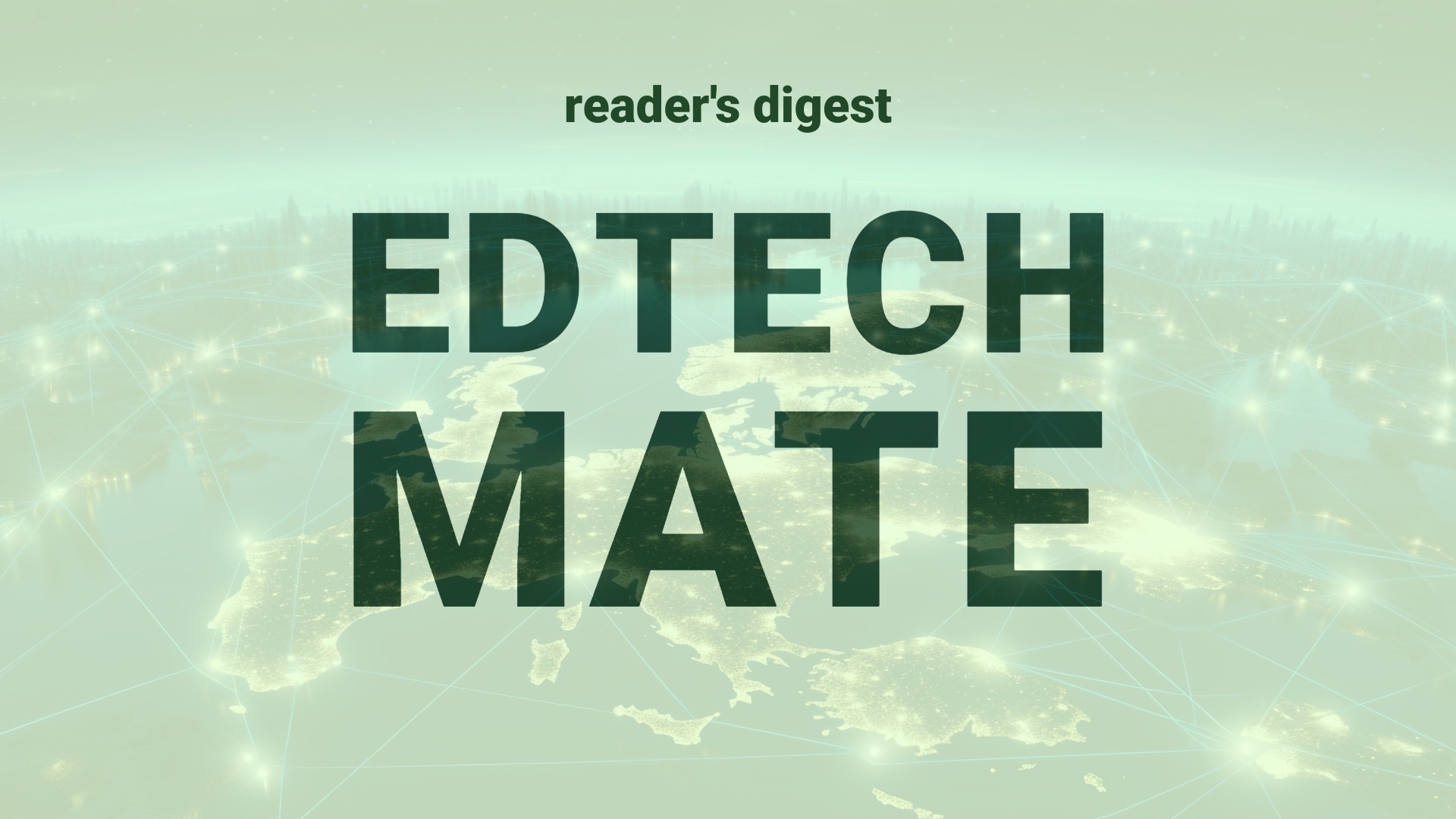Executive Summary and Main Points
Healthcare organizations are navigating the complexities of adopting cloud computing and Generative AI (GenAI) amidst security worries. System integrators like Tata Consultancy Services (TCS), in partnership with hyperscalers such as Microsoft Azure, offer a solution by providing customized, secure, and scalable cloud infrastructure poised for GenAI. Their alliance enables healthcare IT leaders to optimize their GenAI investments through advanced security features, scalability for AI model training, simplification of data usability, and cost efficiency. Essential steps involve prioritizing security, evaluating cloud providers, managing data effectively, and optimizing resources.
Potential Impact in the Education Sector
In Further Education and Higher Education, this cloud and GenAI-driven approach can enhance teaching methodologies and research capabilities. By leveraging such technologies, educational institutions can develop advanced analytics, personalized learning experiences, and operational efficiencies. For micro-credentials, cloud computing supports the flexible delivery of these courses and the vast amounts of data required for their administration and evolution. Such digital transformation encourages strategic partnerships that can contribute to the development of sophisticated virtual learning environments, expansive research databases, and innovation labs.
Potential Applicability in the Education Sector
The integration of GenAI and optimized cloud environments can transform global education systems. AI-driven platforms can curate personalized content and augment virtual learning experiences. Further, GenAI can significantly advance research through data analysis, predictive modeling, and simulation. Cloud computing’s scalability and security facilitate the creation of an interconnected education ecosystem that can securely handle student data, enhance collaborative research, and provide cost-effective, scalable learning models.
Criticism and Potential Shortfalls
A critical analysis indicates potential concerns such as data privacy, especially within different international jurisdictions that may have varying regulatory frameworks. Ethical considerations regarding AI in education include bias in decision-making algorithms and the cultural appropriateness of AI-generated content. Real-world examples from international case studies show discrepancies in cloud and AI adoption rates and effectiveness, often due to economic, infrastructural, or policy-related disparities. Moreover, the reliance on technology poses risks of widening the digital divide.
Actionable Recommendations
For educational leaders looking to incorporate these technologies, it is recommended to start with a strategic plan that assesses current infrastructure and identifies clear objectives for technology integration. Investing in partnerships with experienced system integrators can facilitate tailored solutions that align with educational goals. Capacity building through professional development and training is essential. Finally, a focus on ethical practices and compliance with global data protection laws will ensure responsible adoption of these innovations.
Source article: https://www.cio.com/article/2497086/use-cloud-computing-to-accelerate-genai-adoption-in-healthcare-with-microsoft-ai.html

